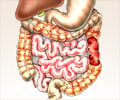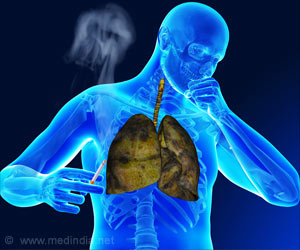Twenty-six compounds from the undersea life were active against replicating tuberculosis bacteria, 19 killed dormant bacteria including 7 that were active against both.

‘Marine natural compounds from sea sponges and other marine organisms could offer a new treatment for tuberculosis.’





"To our knowledge, this is the largest marine natural product screening on TB and the only one that focused on dormant bacteria," Rohde said. The team identified 26 compounds that were active against replicating tuberculosis bacteria, 19 killed dormant bacteria including seven that were active against both."There were some that actually killed the dormant bacteria better than the replicating bacteria, which is a novelty," he said, "as existing drugs are better at killing replicating bacteria."
Findings of the study published in June in the journal Antimicrobial Agents and Chemotherapy, which is published by the American Society of Microbiology. The National Institutes of Health funded the study.
Tuberculosis, an infectious bacterial disease that mainly affects the lungs, is spread from person to person through the air. Globally, there are about 10.5 million new cases and about 1.5 million deaths reported each year.
"One of the biggest problems is the lack of effective treatments," said Rohde. "Tuberculosis is very difficult to treat and in most cases, takes six to nine months of taking at least four drugs daily. And most patients don't stick to their drug regimens for six to nine months because they have undesirable side effects, or they stop taking it when they feel better."
Advertisement
Scientists have been isolating marine natural compounds from sea sponges and other marine organisms to find treatments for diseases such as cancer and tuberculosis. Rohde said many of these compounds are not in the sponges themselves, but are made from microorganisms such as fungi or bacteria that live on the sponges.
Advertisement
"Once we've identified these compounds, we want to study them to understand how they work," Rohde said. "That way if the compound turns out not to be a great drug for use in humans as is, at least we would have identified a new target for antibiotics. Alternatively, we could work with chemists to modify the drug to improve its clinical usefulness."
Source-Eurekalert















